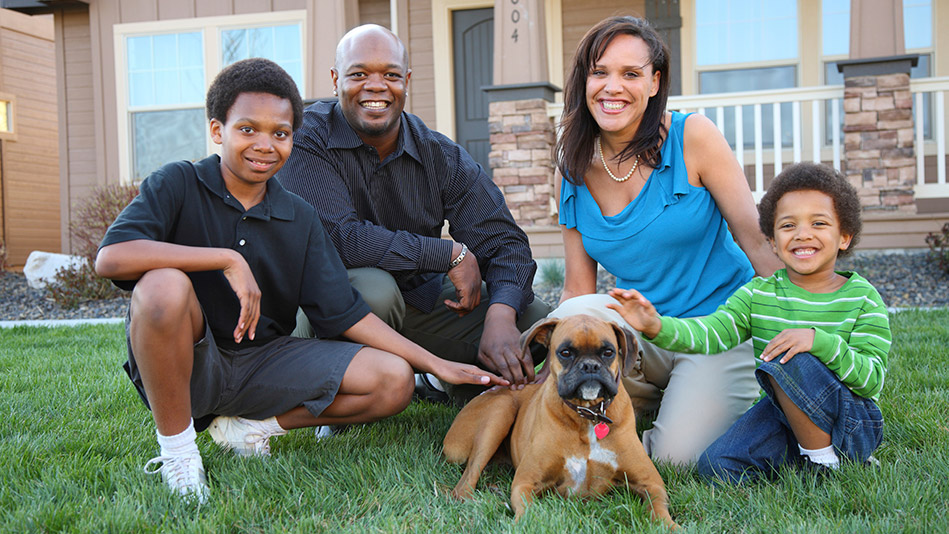SPONSOR CONTENT
Listen Up, Civilians! The 1 Thing Military Families Want You to Know
Saying “thanks” to a service member and their families is always greatly appreciated. But if you really want to show your support for the military, actions speak louder than words—and can be 100% more gratifying.

Thinkstock.com
Remember how scary it was to be the new kid on the school bus? Or how awkward it felt the first day at a new job? What about how lonely you felt when you realized the mommy group had a playdate without you?
For most of us, these experiences—while unpleasant—are hopefully few and far between. But for military families who are always moving from place to place, the new, unfamiliar, and intimidating is a regular part of life.
“It’s not easy to assimilate to a well-established community where locals are deeply rooted,” says one ten-year military spouse, “If I could send out any type of message it would be to ask the neighboring populace to give military families a chance, to reach out to get to know them, and include them in their lives. Yes, the military is a bird of a different species, but there can be commonalities in all of us if you take the time to get to know us.”
What can you really do to brighten their day and show your appreciation? Consider these thought-starters:
1. Be empathetic. Think about what you’d want or need in their situation and act accordingly. If a military family moves into the neighborhood, organize a “welcome wagon” of friends and resources to make them feel at home. If you play a leadership role in your child’s school or athletics, reserve slots for military students who may arrive mid-year. Don’t just invite a military spouse out for girls’ night, give her the name of your sitter so she can actually come.
2. Be informed. How much do you know about life in the military—or the military in general? Educate yourself on the different forms of service (active duty, reserves) and service branches (ex:Army, Coast Guard, Marines). Check out a book, blog, or documentary that offers a first-hand account of military life. Or just ask someone on the inside to share their experiences and express their needs.
3. Be normal. Military families will certainly appreciate you understanding their unique circumstances. But in many ways, they just want to feel like everyone else. Even if you’re intentions are good, try not to go overboard with the special treatment. Let them know you’re always available to listen and help, but the best thing you do is simply be a friend.
PS: Instead of posting the generic “thank you” on your social media page this Memorial Day, share this article with your networks in honor of our military families! Plus, click here to choose from our exclusive collection of inspirational cards dedicated to the people who serve—and the loved ones who serve along with them.



